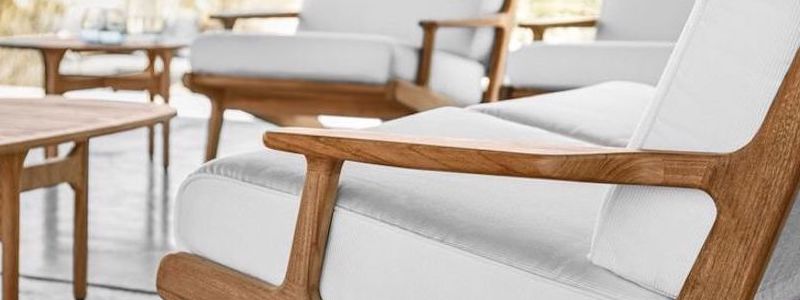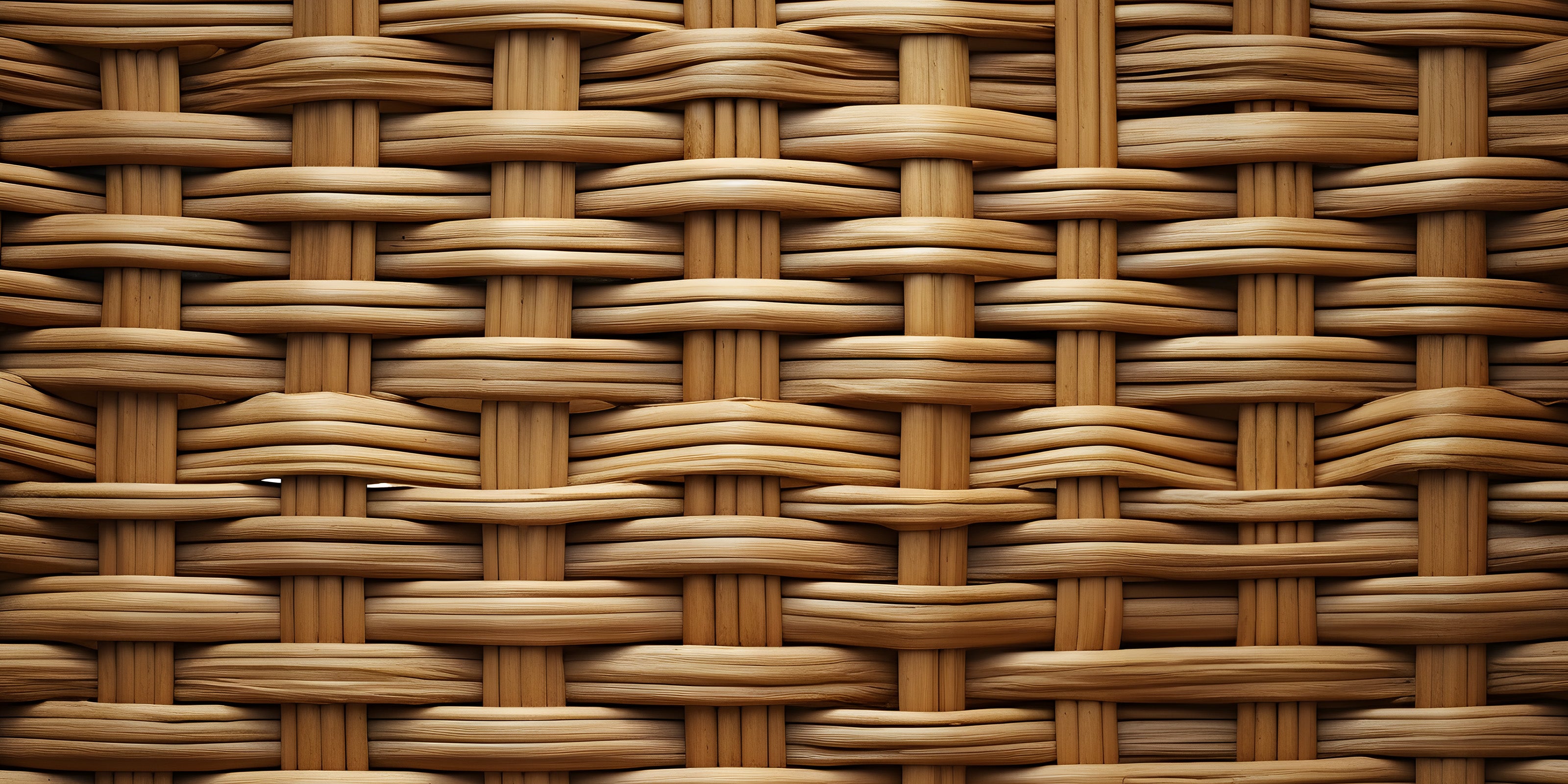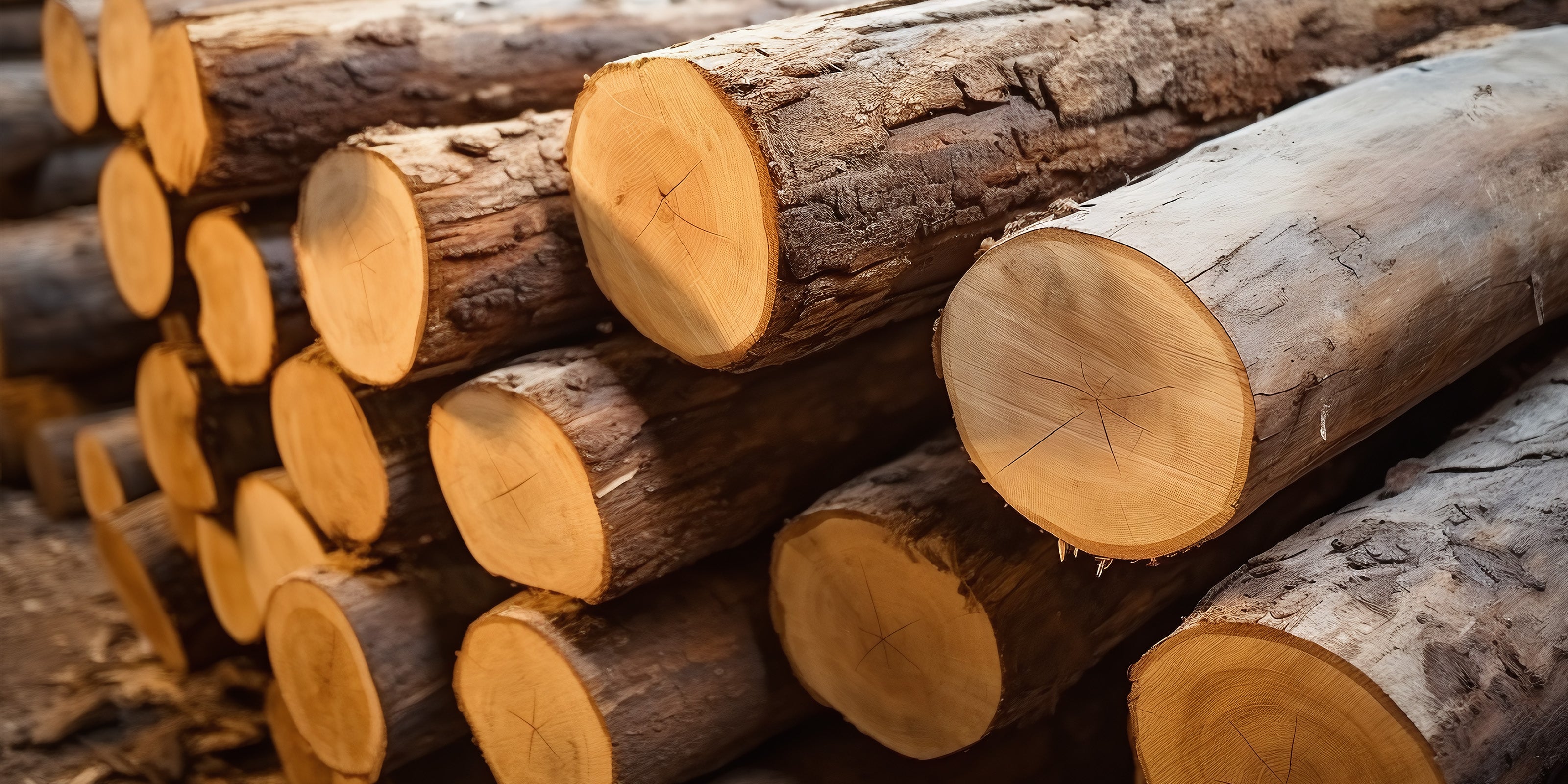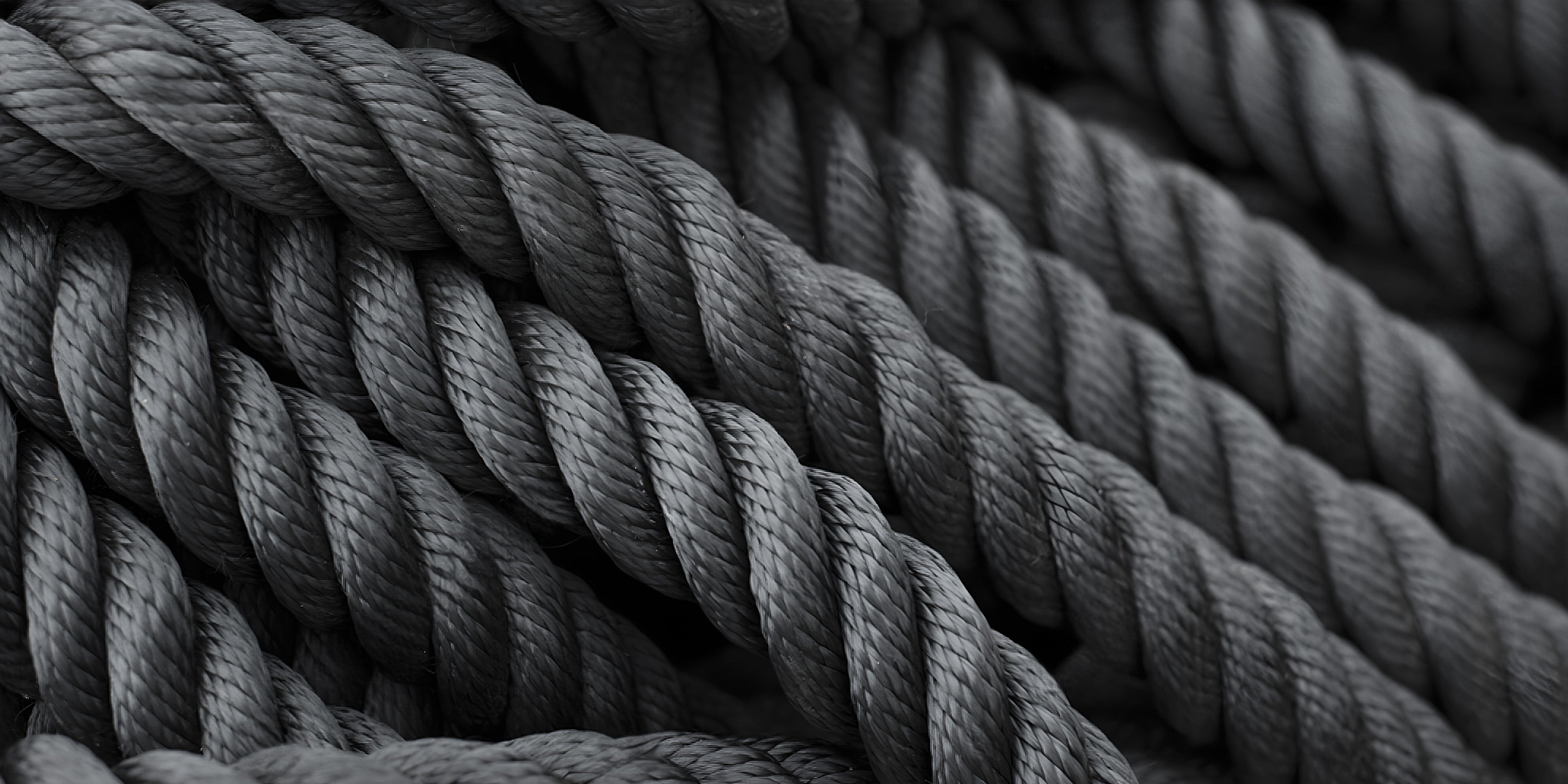Jardina-Outdoor,all yours.
The goal is to keep your Jardina experience as joyful and long-lasting as possible. We want you to have clear guidance on how to maintain your Jardina pieces and make the best out of them.
Jardina Customer Support is available Monday to Friday: 8am-8:30pm. If you have any questions, please contact us.
Aluminum & Metal
- Regular Cleaning: Clean your aluminum furniture regularly to remove dirt, dust, and grime. Use a mild soap or detergent mixed with water and a soft brush or sponge. Avoid using abrasive materials or harsh chemicals that can scratch or damage the surface.
- Prevent Rust Formation: While aluminum is resistant to rust, it can still be susceptible to rust formation if it has scratches or damaged areas. Repair any scratches promptly by using touch-up paint or a clear sealant to prevent moisture from reaching the metal surface.
- Remove Stains Immediately: If you notice any stains or spills on your aluminum furniture, clean them immediately. Certain substances like bird droppings, tree sap, or food and beverage stains can be acidic and potentially corrode the surface if left untreated.
- Avoid Sharp Objects: Be cautious when using sharp objects or tools around your aluminum furniture. Accidental scratches or punctures can compromise the protective coating and expose the metal to the elements, leading to corrosion.
Wicker
- Regular Cleaning: Clean your wicker/rattan furniture regularly to remove dirt, dust, and debris. Use a soft brush or vacuum cleaner with a brush attachment to gently remove loose particles. Wipe down the furniture with a damp cloth or sponge dipped in a mild soapy solution. Avoid using excessive water, as it can weaken the fibers.
- Keep it Dry: Moisture can cause wicker/rattan furniture to warp, rot, or develop mold and mildew. If your furniture gets wet, ensure it dries thoroughly. Avoid leaving cushions or fabric covers damp for prolonged periods. Use towels or a fan to expedite the drying process.
- Avoid Harsh Chemicals: When cleaning wicker/rattan furniture, avoid using harsh chemicals, bleach, or abrasive cleaners, as they can damage the natural fibers. Stick to mild soapy water or gentle cleaners specifically formulated for wicker/rattan.
- Repair Loose Weaving: Over time, the weaving on wicker/rattan furniture may loosen or become damaged. Inspect the furniture regularly and repair any loose or broken strands. Use strong adhesive or special wicker/rattan repair kits to secure the weaving back in place.
Glass
- Regular Cleaning: Clean the glass surface regularly to remove dirt, dust, and smudges. Use a soft cloth or sponge and a mild glass cleaner or a solution of warm water and gentle dish soap. Avoid using abrasive cleaners or rough materials that can scratch or damage the glass.
- Avoid Impact or Heavy Objects: Tempered glass and ceramic glass are relatively strong, but they can still be prone to breakage if subjected to excessive force or impact. Avoid placing heavy objects directly on the glass surface and be cautious when moving or placing items on the table.
- Use Coasters and Placemats: To prevent scratches, stains, or heat damage, use coasters or placemats under glasses, cups, and hot dishes. This will help protect the glass surface from direct contact with potentially damaging materials.
- Handle with Care: When moving or placing items on the glass surface, handle them with care to prevent impact or scratching. Avoid dragging heavy objects across the glass, as this can cause scratches or even breakage.
Wood
- Regular Cleaning: Clean your outdoor furniture with wood or teak wood to remove dirt, dust, and debris. Use a soft brush or cloth to gently scrub the surface. You can also use a mild soap or a wood-specific cleaner mixed with water. Rinse thoroughly and allow the wood to drycompletely before applying any treatments.
- Clean Spills Immediately: Accidental spills should be cleaned promptly to prevent stains and potential damage to the wood. Use a damp cloth to blot the spill gently, and then dry the area thoroughly.
- Avoid Harsh Chemicals: Avoid using harsh chemicals, abrasive cleaners, or bleach on your outdoor wood furniture. They can strip away the protective finish or damage the wood. Stick to mild soap and water or wood-specific cleaning products.
- Protect from Moisture: Wood is susceptible to moisture damage, so it's important to protect your outdoor furniture from excessive exposure to rain or standing water. Use furniture glides or elevate the furniture slightly to allow for proper drainage and airflow.
- Seasonal Maintenance: In climates with extreme weather conditions, consider providing additional protection during the off-season. Store your outdoor wood furniture indoors or use a weatherproof cover to shield it from the elements.
Rope
- Regular Cleaning: Clean your wicker/rattan furniture regularly to remove dirt, dust, and debris. Use a soft brush or vacuum cleaner with a brush attachment to gently remove loose particles. Wipe down the furniture with a damp cloth or sponge dipped in a mild soapy solution. Avoid using excessive water, as it can weaken the fibers.
- Keep it Dry: Moisture can cause wicker/rattan furnitureto warp, rot, or develop mold and mildew. If your furniture gets wet, ensure it dries thoroughly. Avoid leaving cushions or fabric covers damp for prolonged
periods. Use towels or a fan to expedite the drying process. - Avoid Harsh Chemicals: When cleaning wicker/rattan
furniture, avoid using harsh chemicals, bleach, or abrasive cleaners, as they can damage the natural fibers. Stick to mild soapy water or gentle cleaners
specifically formulated for wicker/rattan.
Polyester&Olefin
- Regular Cleaning: Regularly clean your outdoor cushions to
remove dirt, dust, and stains. Use a mild soap or detergent mixed with water.Gently scrub the fabric with a soft brush or sponge. Rinse thoroughly and allow the cushions to air dry completely before use or storing. - Avoid Harsh Chemicals: Avoid using harsh chemicals, bleach, or abrasive cleaners on your outdoor cushions, as they can damage the
fabric. Stick to mild soapy water or fabric-specific cleaners recommended by the manufacturer. - Brush Regularly: Brushing your outdoor cushions regularly
with a soft-bristled brush will help remove loose dirt, dust, and debris. This simple practice helps keep the fabric clean and prevents particles from embedding in the fibers. - Check Zippers and Seams: Inspect the zippers and seams of
your outdoor cushions periodically. Repair or replace any damaged or loose parts promptly to prevent further damage and maintain the integrity of the cushions.






